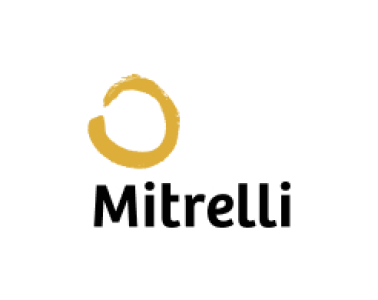In-Depth Analysis by ACTA Proves Out of Control Spending on Non-Educational Activities is Fueling Explosion in Tuition Costs at Colleges and Universities
WASHINGTON, August 17, 2021 (Newswire.com) - Today, the American Council of Trustees and Alumni (ACTA) released its groundbreaking report The Cost of Excess: Why Colleges Must Control Runaway Spending, a comprehensive analysis of college spending trends and the impact spending has on tuition and student success.
ACTA analyzed data from more than 1,500 four-year public and private, nonprofit colleges and universities. The data reveal that institutional spending has continued to surge alongside tuition but has contributed little to improve four-year graduation rates.
"A proper understanding of an institution's spending habits can provide valuable insights for governing boards seeking to allocate scarce resources efficiently toward what most benefits students," said Michael B. Poliakoff, Ph.D., president of ACTA. "This report illustrates the implications for students—both financially and academically—of the steady growth in spending since the Great Recession. It is our hope that public awareness of this trend's impact on student finances and student outcomes will encourage more prudent choices."
Some Key Findings:
- Spending at higher education institutions continued to climb both during and after the Great Recession.
- The report confirms that economic crises did little to restrain college spending. Since the Great Recession, higher education spending is noticeably decoupled from market forces and has instead relied heavily on tuition hikes to fuel its spending habits.
- Blame for tuition hikes is often laid at the door of legislatures that reduce state appropriations. However, increases in per-student spending on instruction, administration, and student services were each correlated with an increase in tuition for the next academic year, even after controlling for levels of appropriations.
- The average package of in-state tuition and fees at a four-year public college or university has nearly tripled over the past 30 years, a 178% increase since 1990.
- Sixty-five percent of all students borrow money to fund their education, and debt for the average borrower has reached $39,351. Student loan debt is the second largest source of debt behind home mortgages—rising to over $1.7 billion in 2021.
- Spending on student services had no correlation with graduation rates at public institutions, despite the fact that it is growing considerably faster than spending on instruction.
- From 2012 to 2018, colleges and universities prioritized hiring less expensive and often less-credentialed instructional staff and more expensive administrative staff.
The report's findings support a growing realization that colleges and universities have prioritized needless spending on ancillary activities instead of access and affordability, and that this unnecessary spending relies largely on tuition hikes.
With the release of The Cost of Excess, ACTA adds another valuable resource to its extensive library of research on college costs. ACTA equips college presidents and trustees with the data they need to exercise meticulous oversight of spending decisions and prioritize their academic mission. We also provide best practices for policymakers as they seek to ensure that students receive an academically rich education at an affordable price. The long-term success of all students seeking a college degree depends upon a universal commitment to lowering costs, maintaining a rigorous curriculum, and vigilantly monitoring non-instructional expenditures.
To access the full report, click here.
ABOUT ACTA: Founded in 1995, the American Council of Trustees and Alumni (ACTA) is an independent, nonprofit organization committed to academic freedom, excellence, and accountability at America's colleges and universities. ACTA is the only national organization dedicated to working with alumni, donors, trustees, and education leaders across the United States to support liberal arts education, uphold high academic standards, safeguard the free exchange of ideas on campus, and ensure that the next generation receives an intellectually rich, high-quality education at an affordable price.
For more information, please contact Elizabeth Aucamp at elizabeth@javelindc.com / (704) 249-1430 or Gabrielle Anglin at ganglin@goacta.org / (260) 609-3486.
Source: American Council of Trustees and Alumni
